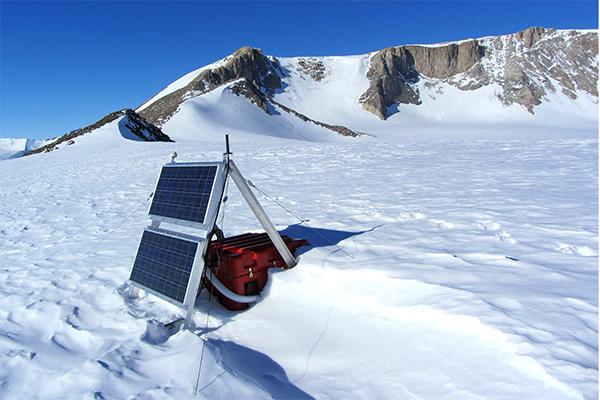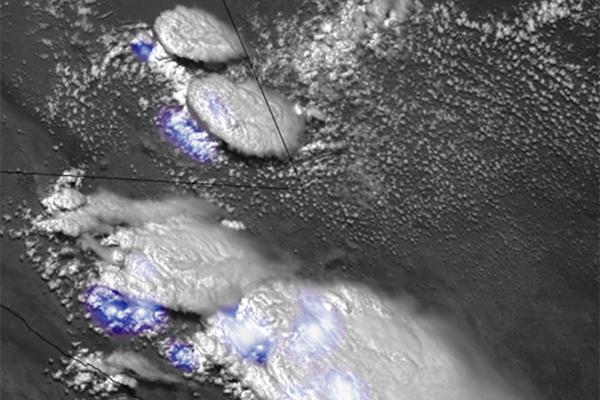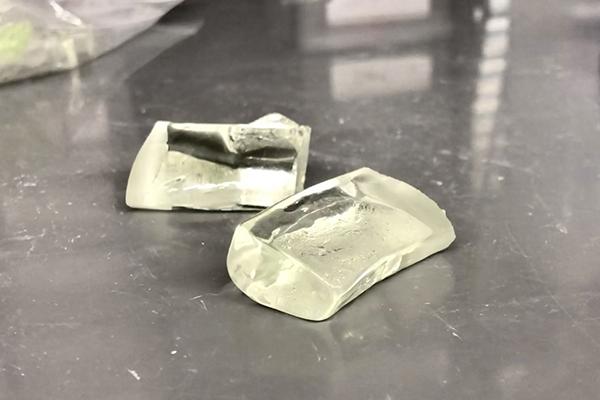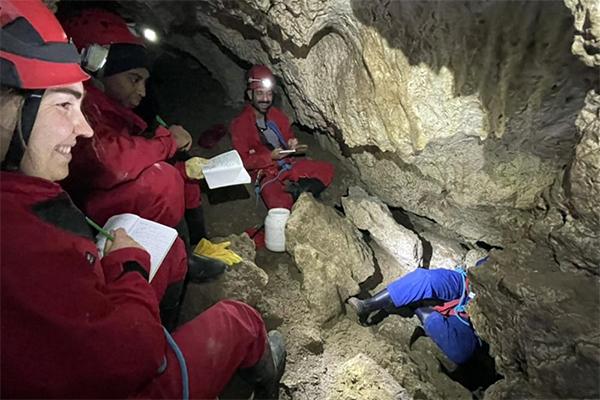Read the latest news about research conducted by investigators in the College of Earth and Mineral Sciences. Our faculty and students are continually advancing technology, creating solutions and expanding knowledge with new and innovative research.
News
A team of academic and enterprise researchers has developed a synthesis process to produce a “rust-resistant” coating with additional properties ideal for creating faster, more durable electronics.
Findings from an international team of researchers, including those from Penn State, suggest that Earth's natural forces could substantially reduce the melting of the West Antarctic Ice Sheet and its impact on rising sea levels, but only if carbon emissions are swiftly reduced in the coming decades.
A new computational tool developed by a research team, led by Penn State scientists, may help the Colorado River Basin adapt to a complex and uncertain future.
The Center for Quantitative Imaging (CQI) recently supported a three-day additive manufacturing practicum for industry professionals to gain hands-on experience in using 3D X-ray CT scanning.
With a combination of computational tools and insights from traditional meteorology and a three-year, $973,396 grant from the U.S. National Science Foundation (NSF), researchers are working to better understand and predict extreme weather events on both Earth and Mars.
Registration is open for Materials Day, an opportunity for the University research community to celebrate past achievements, make connections and peer into the future of materials.
Alan Taylor, a recently retired and now professor emeritus of geography, spent decades researching West Coast landscape and fire ecology. He used ecological signals and human history to paint a picture of how forests changed over time.
At its Sept. 5 meeting, the Penn State Board of Trustees Committee on Research and Technology heard from Andrew Read, senior vice president for research, about the mission of the Penn State Research Foundation, as well as an update on its activities.
The U.S. Department of Energy (DOE) announced today (Sept. 4) that it will continue to support Penn State’s Center for Three-Dimensional Ferroelectric Microelectronics Manufacturing (3DFeM) as an Energy Frontier Research Center.
Department of Geosciences hosted International Geobiology Course, an immersive and interdisciplinary course that explores how microbial life and the Earth have shaped each other.











